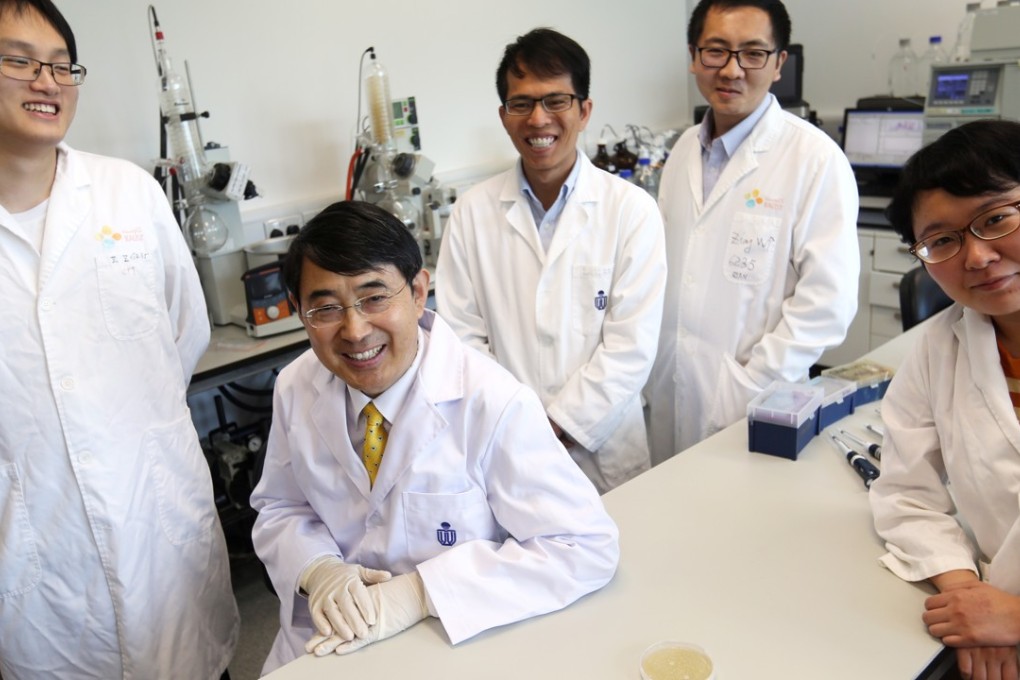Can superbugs be squashed with better drugs after enzyme discovery by Hong Kong team?
Findings may pave the way for more powerful antibiotics to defeat a type of enzyme in bacteria, but it may be too early to assess the significance of the study

Researchers in Hong Kong may have identified a factor behind a rise in superbugs after discovering a type of enzyme that can break down antibiotics.
The team from the University of Science and Technology said the find could help pharmaceutical companies develop more effective drugs for bacteria strains that have become increasingly resistant.
Scientists studied the effect of a particular type of enzyme – found in bacteria – on peptide antibiotics, a chemically diverse class of the drug.
Superbug breakthrough by HKU researchers in fight against drug-resistant bacteria
“We now understand the mechanism behind why peptide antibiotics are ineffective,” said biologist Qian Peiyuan, leader of the study and chair professor of the university’s division of life science.
“When pharmaceutical companies design new antibiotics, they can take reference from this study,” Qian said. “It will be important for us to tackle [the problem of] antimicrobial resistance.”
When pharmaceutical companies design new antibiotics, they can take reference from this study
The problem of superbugs has been described by the World Health Organisation as “an increasingly serious threat to global public health”.
There are about 20 types of peptide antibiotics available in the market, and researchers have called them the “last line of defence” against superbugs. One such drug, vancomycin, is used to treat the superbug methicillin-resistant Staphylococcus aureus (MRSA).